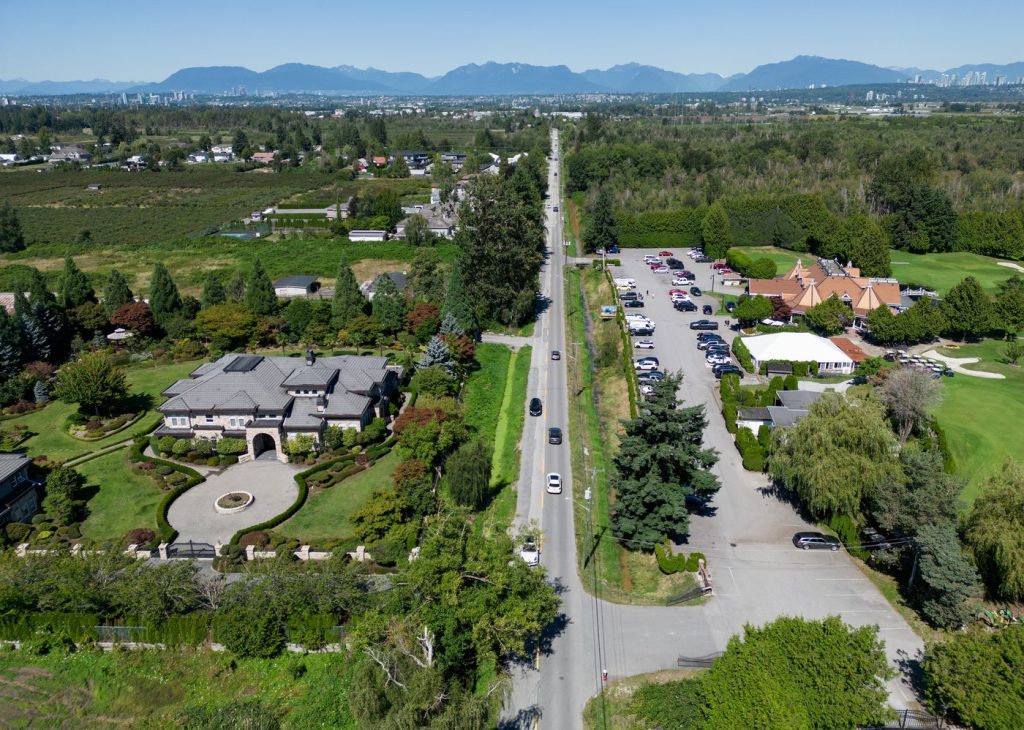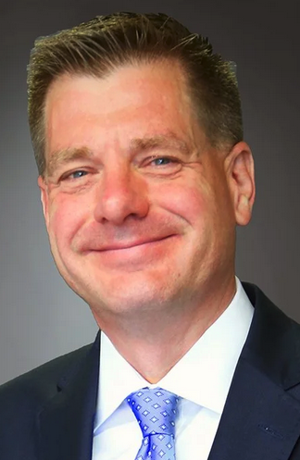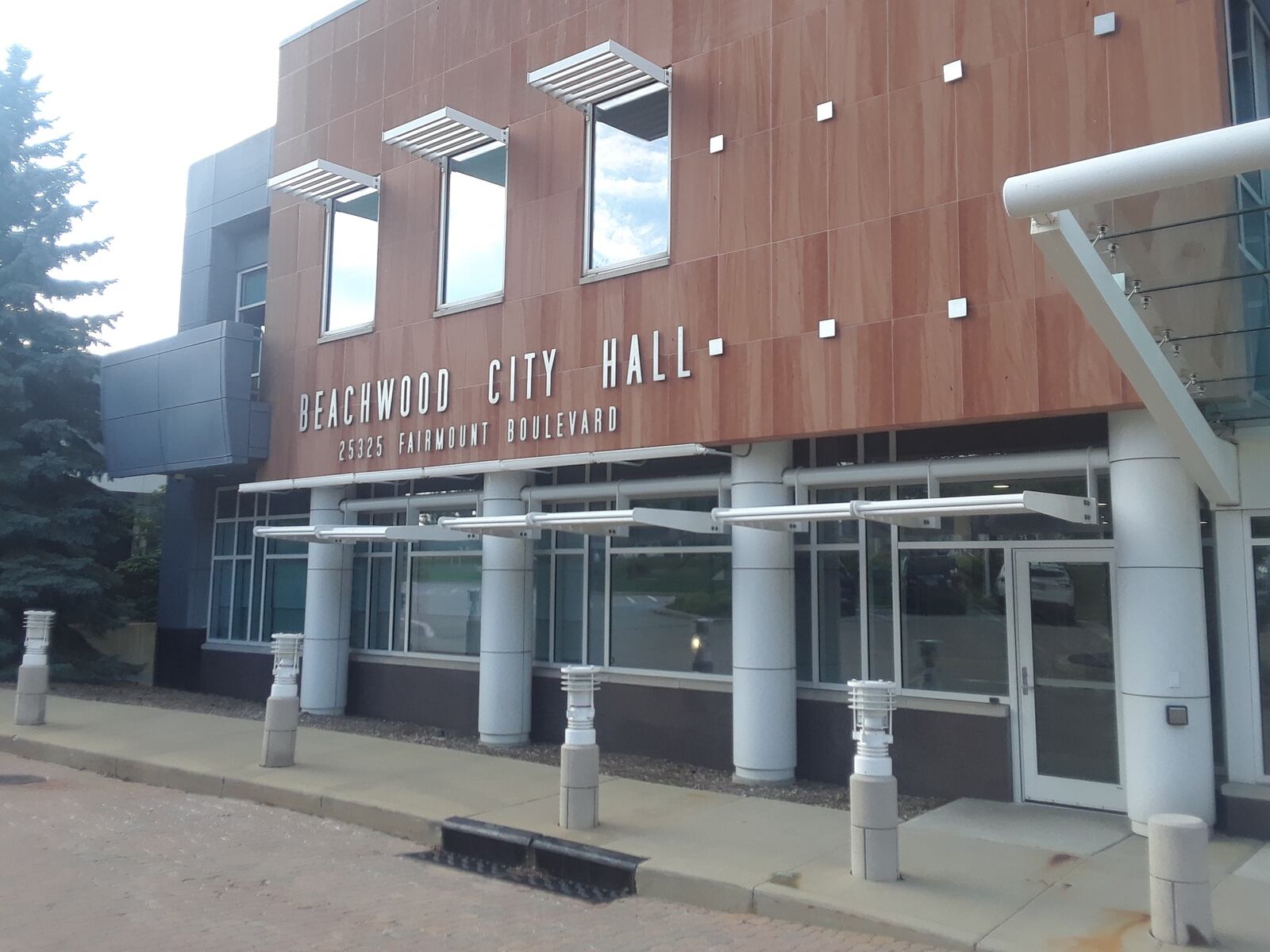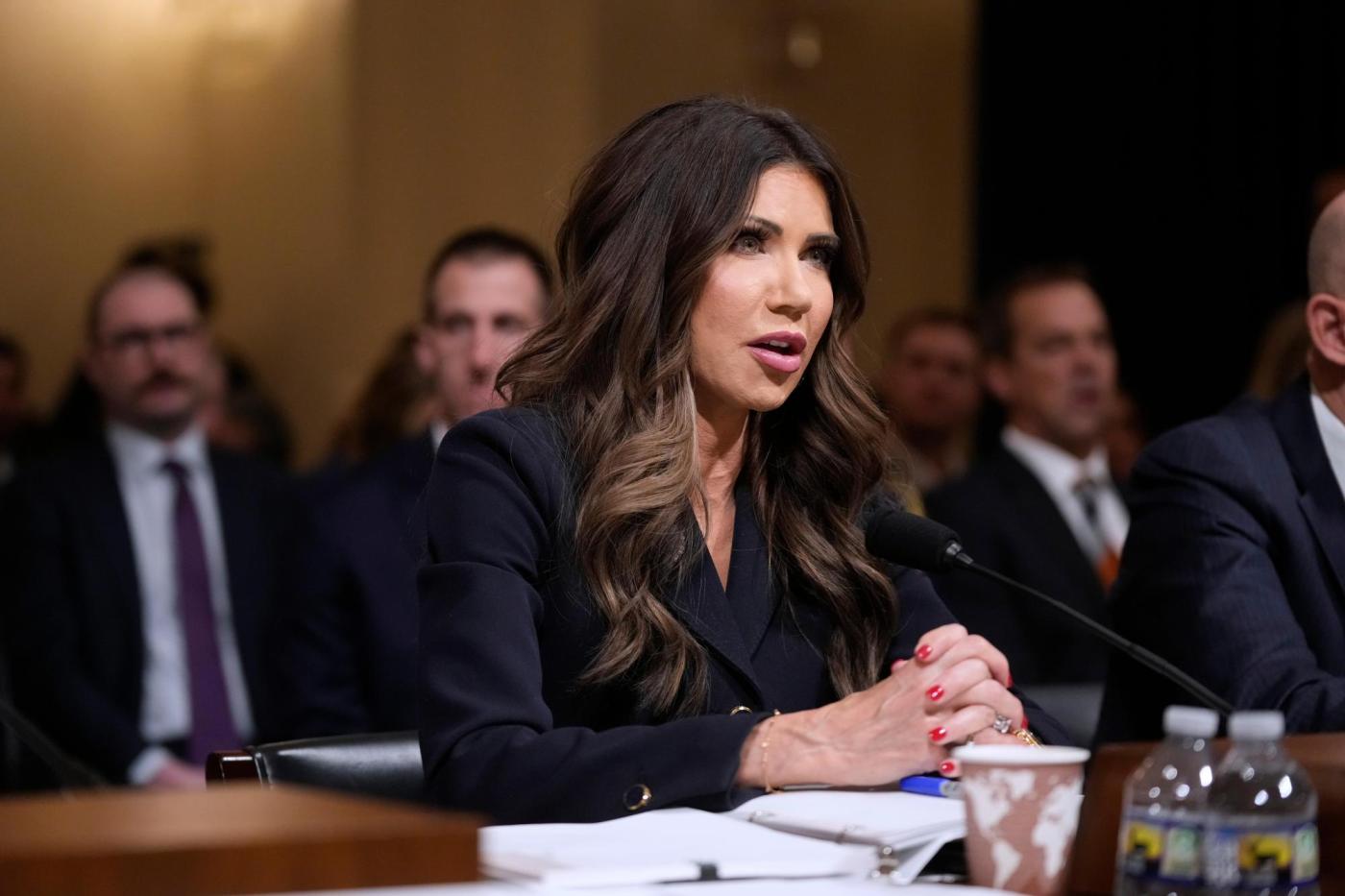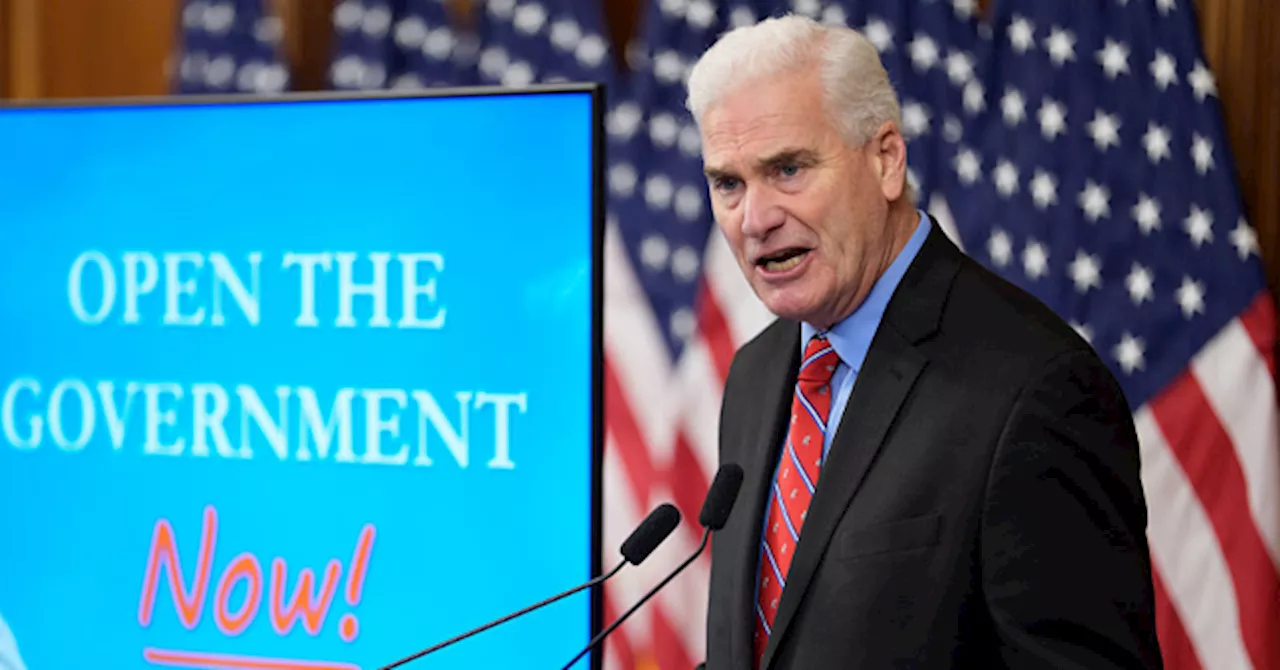A significant ruling by the B.C. Supreme Court regarding Aboriginal title has ignited discussions at the 10th annual B.C. Cabinet and First Nations Leaders’ Gathering. This event, which began on October 3, 2023, involves face-to-face meetings between the provincial government and over 200 First Nations representatives. The court decision, issued in August 2023, granted the Cowichan Tribes rights to nearly eight kilometres of land along the Fraser River, rendering the Crown and city land titles in that area invalid. This ruling raises concerns for nearly 150 private property owners within the designated zone, creating uncertainty about land ownership across the province.
During the gathering, Premier David Eby acknowledged the anxiety felt by homeowners and business owners and emphasized the need for clarity from the Court of Appeal. He stated that the province aims to protect private property rights while addressing historical injustices faced by Indigenous peoples. Eby remarked, “That responsibility sits on the government, not on the private property owners.”
In contrast, Chief Shana Thomas of the Lyackson First Nation, who is also a member of the Cowichan Nation and part of the First Nations Summit Task Group, strongly opposed the prevailing fear-based messaging surrounding the ruling. She pointed out that Cowichan Chiefs have consistently expressed their intention not to displace anyone. Thomas stressed that it is the provincial and federal governments that must reconcile Aboriginal title with the Crown’s assertion.
Government Response and Future Implications
The response from Premier Eby included plans for the province to request a stay on the implementation of the Cowichan Tribes ruling, allowing the Court of Appeal sufficient time to review the case. Eby cited a similar situation in Haida Gwaii earlier this year, where private property rights were upheld while Indigenous title recognition advanced. He expressed optimism that British Columbia can achieve a balance between protecting property rights and acknowledging Indigenous claims.
Thomas urged a shift in perspective regarding Aboriginal title, advocating for reconciliation rather than displacement fears. She stated, “I think that we need to start looking at Aboriginal title in a different context, and we need to start thinking about reconciling that title rather than going to the extreme thinking process of displacement.”
The gathering is expected to facilitate over 1,300 government-to-government meetings over its two-day duration, underscoring the urgency of these discussions. As the province and First Nations leaders engage in dialogue, the implications of the court ruling will likely shape future policies regarding land ownership and Indigenous rights in British Columbia.
With the complexities surrounding land title and Indigenous rights becoming increasingly prominent, the outcome of these discussions will be pivotal in addressing the concerns of both private property owners and First Nations communities.

